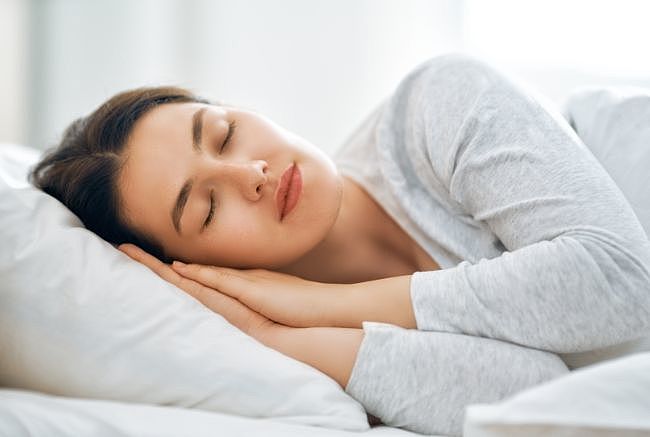Often when we make poor food choices we boil it down to poor discipline, cravings or a habit. Rarely do we consider it might be an environmental factor the we full have control of impacting our choices. One that is often overlooked is sleep! Not getting enough sleep leads to a number of complications such as:
- Increased cravings for high sugar and high fat foods.
- Lower performance when it comes to exercise.
- Increase in appetite.
- Being awake longer means the time you are able to eat food is longer generally leading to overconsumption just based off your feeding window being larger.
- Lower ability to recover.
Remember you're only able to train as hard as you can recover otherwise you are just causing injury. So if you are in a position where increasing your amount of sleep isn’t an option I’m not saying you can’t achieve your results but I am saying that you need to be realistic in your goal setting if sleep isn’t something your able to change.
If we just look at achieving fitness results based off our food and exercise we're missing a big part of the picture. Really we need to be looking at the outside factors that impact our ability to follow our food and exercise plans often these factors that interfere with the execution of our plans are either avoidable or temporary, sparking the question am I able to:
a) Avoid this issue that’s stopping me exercising or eating correctly or
b) Do I need to adjust my expectations of myself while this factor is in my life.
A few quick tips if sleep is an interfering factor to your health goals:
- Develop a night time routine - This prepares your mind and your body for what’s about to come next. Think about if you were to touch a stove that weren’t sure was on you would still expect pain to follow even if the stove turned out to be off your brain associated that action with pain afterwards. We want to associate our night time routine to falling asleep
- Set aside 2 minutes to complete some simple breath work this is a time dedicated to focusing on slowing your breathing down and taking your focus away from issues of the da.
- Reduce your screen free time before bed or use blue light blocking glasses. The human body has wake/ sleep cycle called our Circadian rhythm where light is the most important factor. Exposure to blue light (the light emitted from our device screens) suppresses the release of melatonin our body’s natural sleep hormone.

